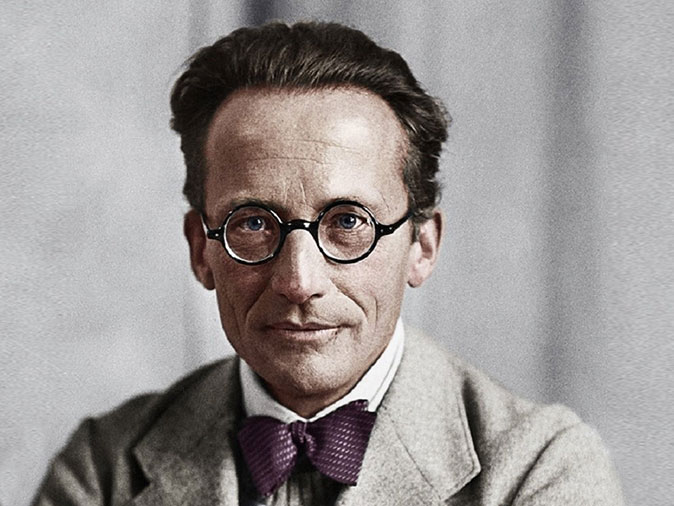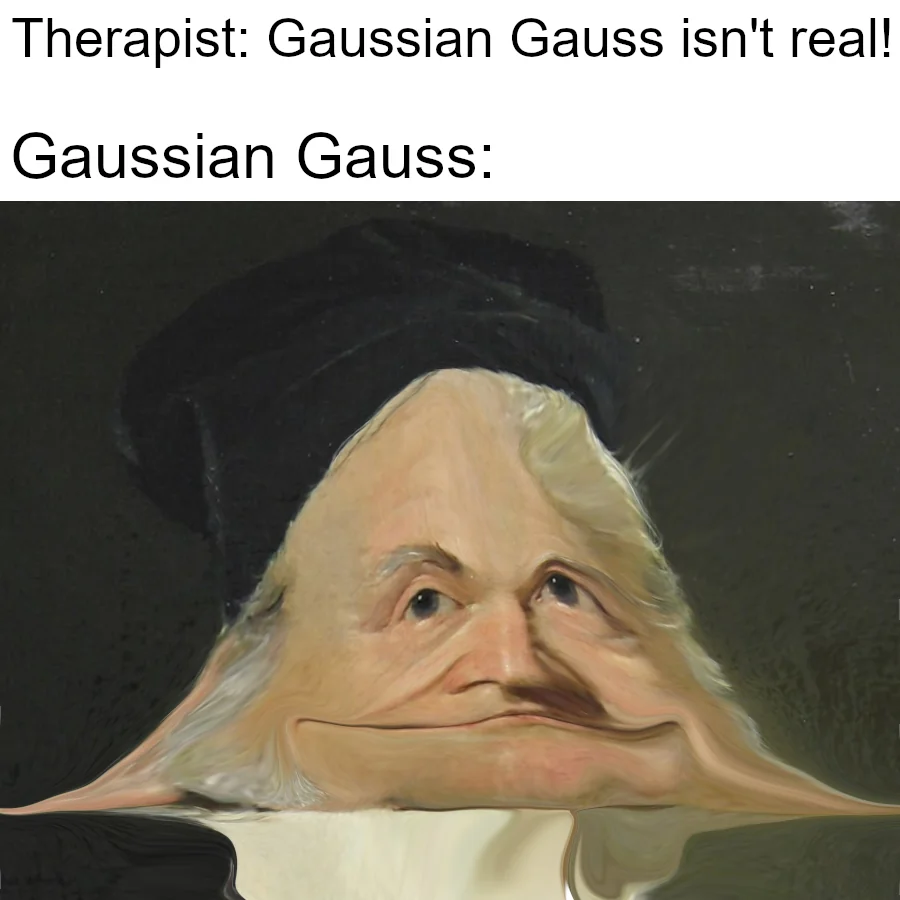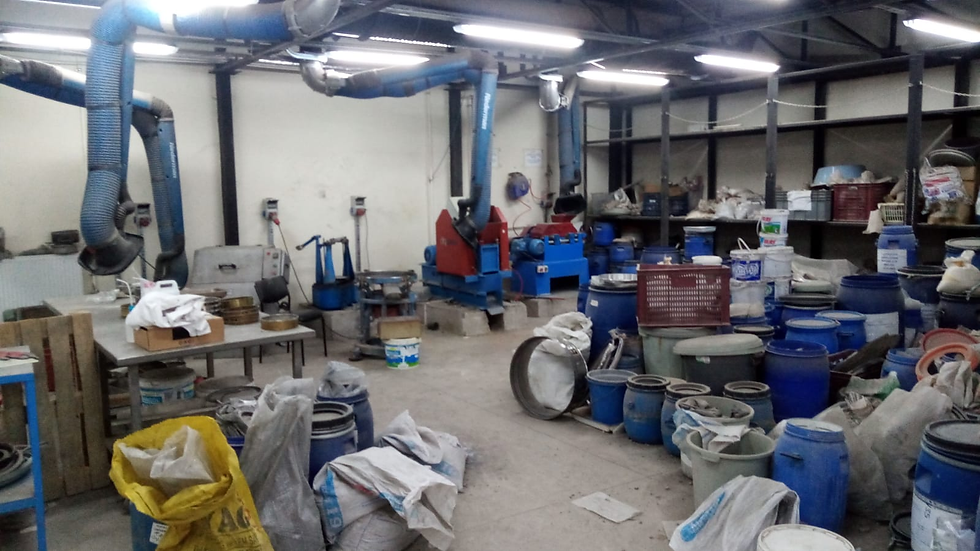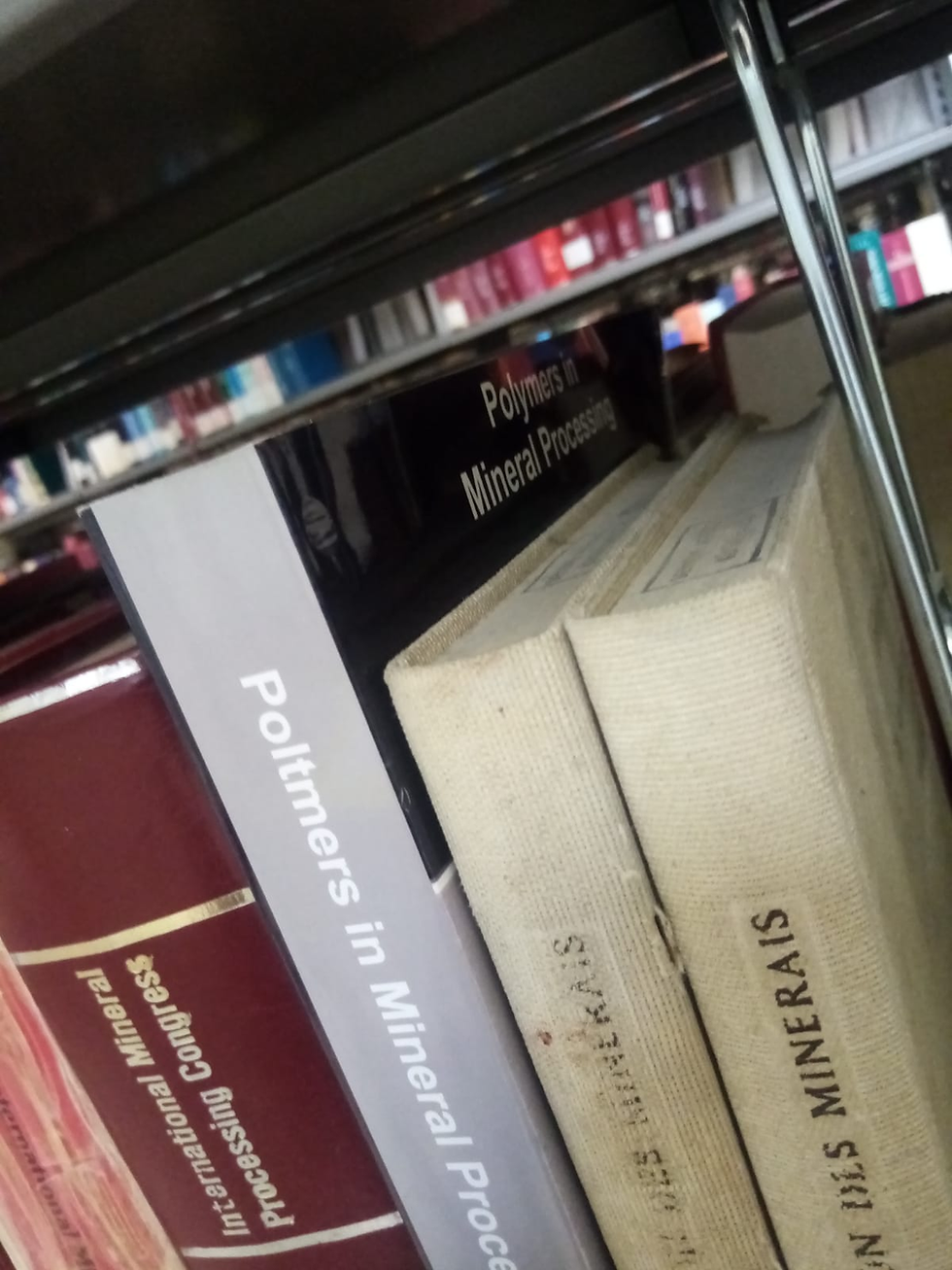Captain's Log #4
- Taha Altar Çağ

- 26 Tem
- 6 dakikada okunur
Hi again, after a very long hiatus.
"The task is not to see what has never been seen before, but to think what has never been thought before about what you see everyday."
-Erwin Schrödinger, probably.

Lately, I've been obsessed with this quote, which is often referred to Schrödinger. There are also some sources stating that this quote actually belongs to Schopenhauer, but that is of small concern to me. Regardless of who said it first or whoever said it in whatever the manner, I really like the idea behind it, as it clearly states how actual breakthroughs in science have been achieved and will be achieved. I believe creativity to be a very important factor in producing not only new insights into science world, but also what actually deserves to be called a scientific work. You may ask the obvious question, "are there any other ways to achieve it anyway?". Well, kind of yes. Today we get to see various blatant papers being published non-stop. While it seems that the amount of scientific work being produced today is sky-rocketing and is increasing each year in almost every parameter, we get to see less breakthroughs in science today. This Nature paper states that both papers and patents are becoming less likely to cause what I call breakthroughs. So what is a breakthrough then? According to the Cambridge dictionary, the word has the following meaning: "an important discovery or event that helps to improve a situation or provide an answer to a problem". The way I interpret and use this word in the context I cover here, a breakthrough -especially in science- is what forces you to leave pretty much everything you have been taught, either in a niche field or the whole field itself, for the newly developing conjuncture. I believe the problem we are facing today, regarding having fewer breakthroughs while having more research output, is that we produce lots of data, huge amounts of data, yet lack in forming creative connections. Of course, as pretty much everyone's suggesting nowadays, AI can help us gather all this pile of information together. There are even some AI models designed for this cause, some of which I am using even. I have no doubts about the potential of LLMs and their applications; they will have a huge impact for sure. Though I am just concerned that this does not guarantee it will guide us through coming up with creative work.

Prof. Kemal Gürüz, who was the former president of the Council of Higher Education (YÖK) in Turkey, also former president of the Turkish Council of Scientific and Technological Research (TÜBİTAK), has a book called "Medrese V Üniversite" where he compares the traditional religious Madrasah education in Islam and especially the Ottoman period, to the modern (!) university system we have in Turkey nowadays. Not only does he cover the historical development of both systems in our country, but he also takes them into account in a more general, theoretical sense. The book is also a great source for the history of Islam and Christianity; it gives a very intuitive introduction to both religions and their effect on the development of higher education. In traditional Madrasah education, it is essential to memorize the currently existing information that is being taught, most of which has strong ties to the religion itself, therefore has a very dogmatic nature. It does not accept criticism whatsoever. On the other hand, when we look into the status of higher education in Europe during the Middle Ages, it actually does not differ a lot. The type of education that had been given at the universities

did not have any sort of student involvement at all, not even a bit. It was just an instructor reading a textbook for the students to take notes. If we take only the "university system" in the form of formal education into account, it was Wilhelm von Humboldt's university reform in the early 19th century that introduced the concept of "research university". This university system of von Humboldt's had an enormous impact on the development of almost every national university system in the civilized world. Along with the strengthening of the bureaucracy in a historical sense and the world becoming a more regulatory place, research is being conducted in a more systematic way nowadays. It does not wait for some geniuses to come up with a masterpiece; we get into years of formal education, we get grants through the government, and keep producing data. It does not matter how good a research output is; what really matters has just become numbers. Gotta publish papers, send abstracts to conferences, get citations, and so on. As a result, we publish gigantic amounts of data, and then even more data that is somewhat related to the past data, and all these data-producing research gives each other citations naturally. That being the case, all the research being conducted is becoming more and more derivative and diverging from creativity. The number of papers being published and the number of citations a researcher has are becoming less important over time. As someone who has not yet published anything, I know this might sound odd to you, seeing me making statements about this, but I'm not saying that metrics like these should not be important. They were supposed to be a somewhat good way to measure scientific productivity but it does not take quality into account and measures the quantity only. Either as this being or not being the reason behind us getting fewer breakthroughs even while producing more scientific output, it is clear that we reward derivative works over creative ones. This aligns with human psychology perfectly because career-wise, it is much less risky, especially for young researchers. It occurs to me, the actually important thing is to make meaningful connections between different kinds and amounts of information, rather than obtaining/memorizing and/or producing the information itself only. In that case, at least to me, being able to form meaningful connections among an information set of X amount is much more valuable than acknowledging, let's say, a 10X amount of information while not being able to form any kind of connections between them. I think the Gauss summation equation would be a perfect metaphor for this. In my blog, you will see me giving many examples to this great man, Carl Friedrich Gauß. I'm quite obsessed with him in many ways, not to mention me feeling so so lucky that I will be continuing my studies at Göttingen, where he also studied. This might be the highest honour that anyone like me can ever achieve. Upon visiting his tomb for the first time, I stayed there for hours. Never felt that peaceful, I was feeling so much at the moment without any overthinking, which I almost always do.

Anyway, as I believe most of you are familiar with the summation formula of "1+2+3+...+n = n(n+1)/2" which is often referred to as the Gauss Summation Formula (Gaußsche Summenformel). It is said that little Gauss came up with this while he was in elementary school. The instructor gives an assignment of summation of all the numbers from 1 to 100, thinking that it would take the pupils forever to come up with the correct answer, if they can come up with such a thing, of course. It is said that Gauss solved this problem in seconds... How? Turns out that it's quite simple when you can think outside of the box, summation of the first and the last numbers (1+100) gives 101, summation of the second numbers from both ends gives the same result as well. So it's always 101. For how many times can you do this? Half of whatever the amount of numbers you have, which in our case is 50. So it's just 50 times 101, 5050! Now, even though being simple, I consider this to be a perfect example of creativity! Of course, any hard-working person could come up with a solution in a matter of time, but the matter of time in question would converge to infinity as the amount of numbers to sum go up. So no matter how simple this is, I consider it to be a huge breakthrough, because Gauss showed something that has never been thought before, about what everyone sees everyday...

MEME OF THE DAY




Kommentare